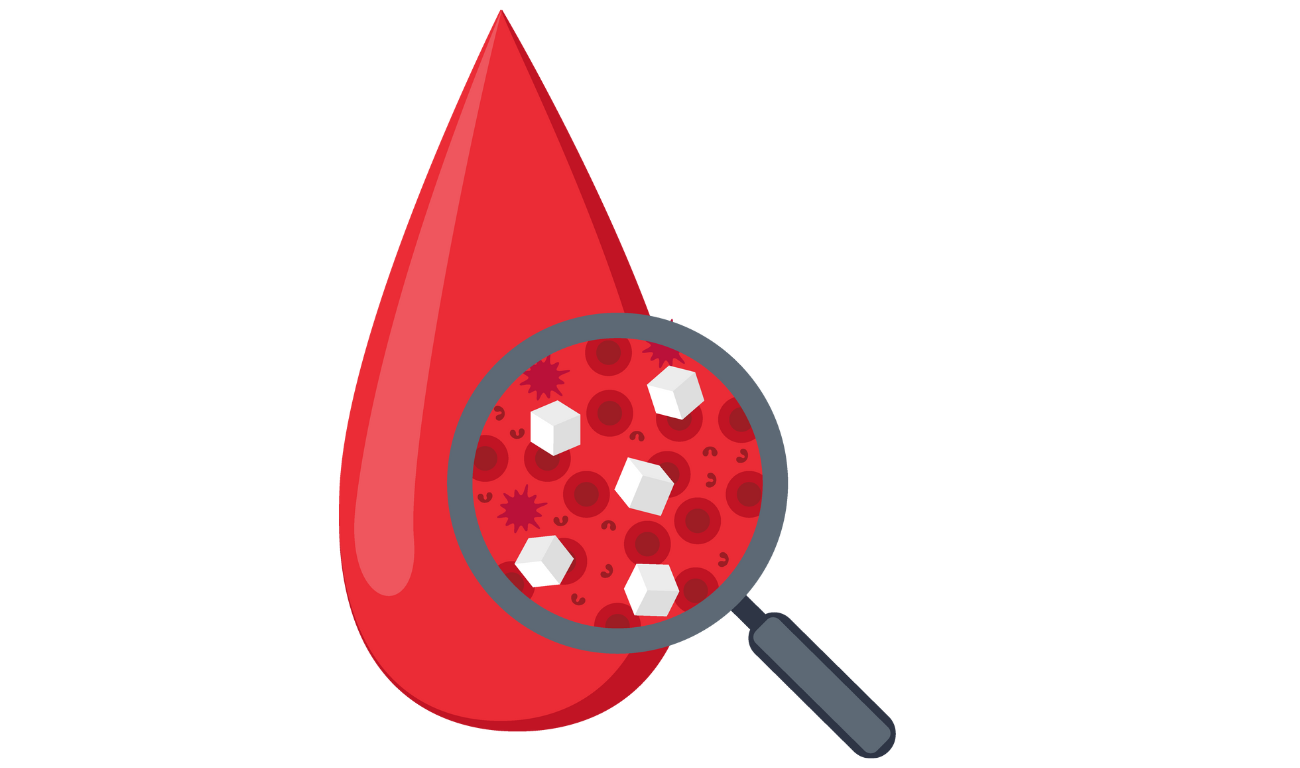Your Glucose
What is it?
Glucose and insulin are both critical components to your bodies metabolism and energy regulation. The sugar and carbohydrates we eat turn to glucose in our stomachs, then the glucose goes to our blood stream. Then with the help of insulin, the glucose travels from the blood stream and enters our cells where the glucose will be used for energy, or stored for later.
What is insulin?
Insulin is a hormone produced in the pancreas and serves as a key, allowing glucose to enter our cells. Insulin is important in our bodies regulation of energy as it regulates our blood sugar and prevents it from getting too high, a condition called diabetes.
Glucose Levels
<100 mg/dl - Normal
100-125 mg/dl - Prediabetic
126 mg/dl - Diabetic
Tips to Manage
Eat intentionally - Eating intentionally is crucial in maintaining our glucose levels. Focus on balanced meals at proper times is important to reduce blood sugar spikes, and crashes.
Move your body - Regular movement makes your cells more responsive to insulin. Improved insulin sensitivity means your body can regulate its blood sugar more effectively.
Manage weight - While some fat is necessary to cushion our organs, visceral fat is not. Visceral fat is the harmful fat that wraps around our organs and strongly, negatively impacts our insulins ability to regulate our blood sugar. Visceral fat also contributes to chronic inflammation, which also interferes with the insulin in our bodies.
Ditch nicotine - Nicotine interferes with the insulin made in our bodies causing our cells to be less responsive to it. This means our pancreas has to produce even more insulin to maintain normal blood sugar levels. This leads to hyperinsulinemia, which is a precursor to prediabetes.
